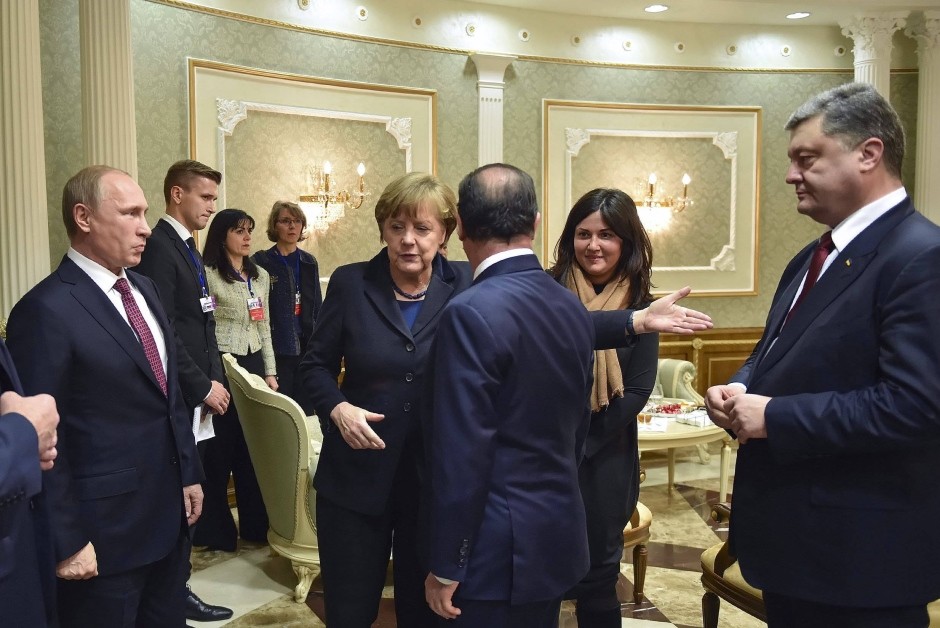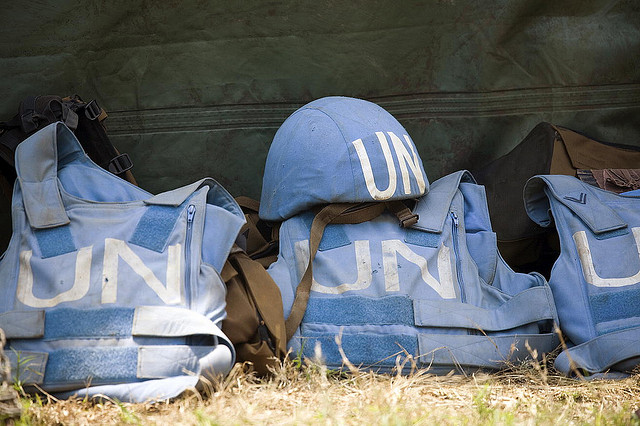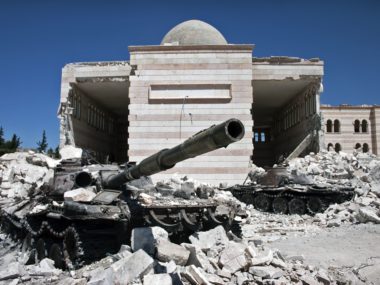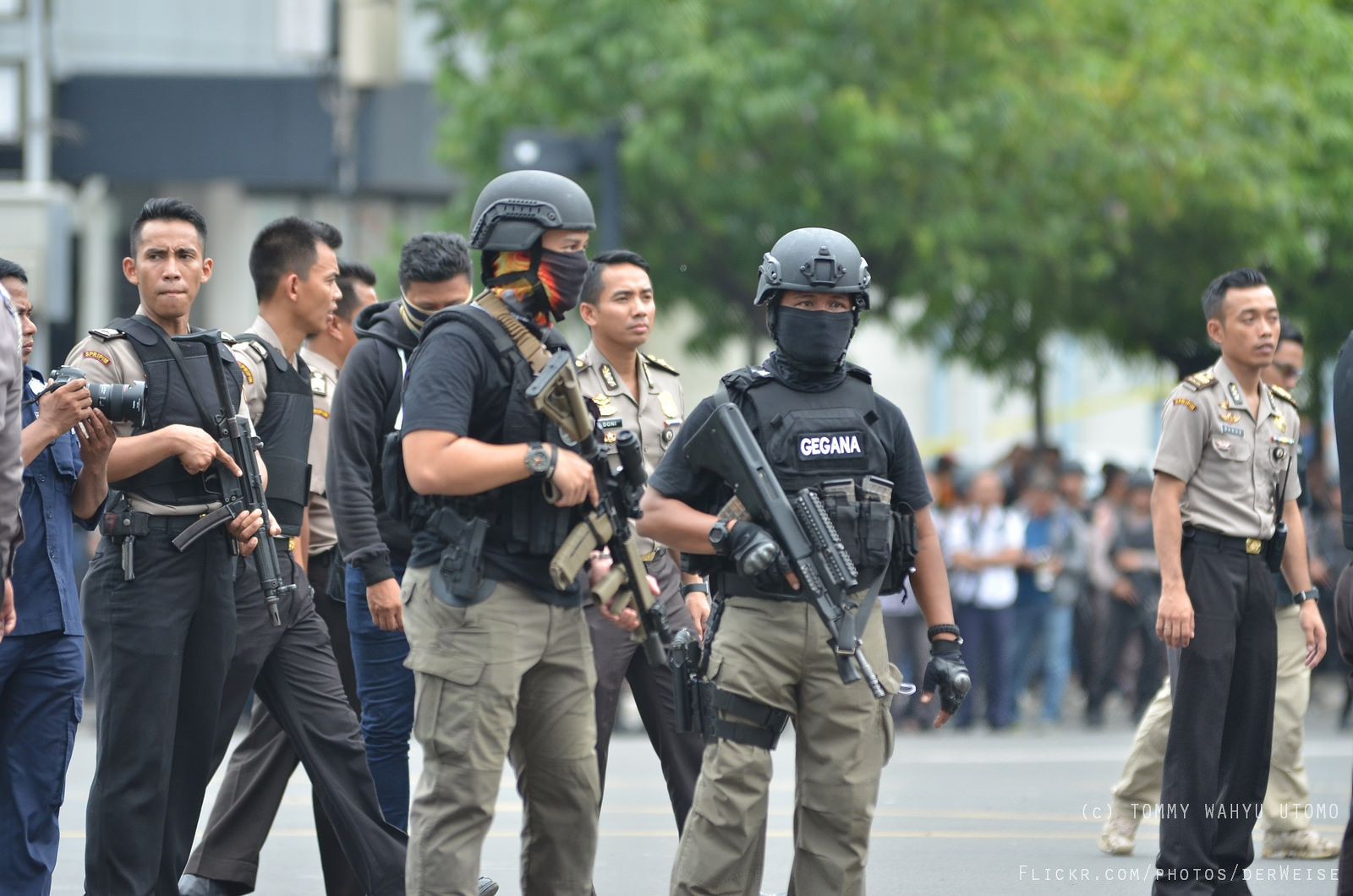Guest post by Bryan R. Early, Brandon Valeriano, and Ryan C. Maness

The current political situation with respect to Ukraine has stagnated. The average citizen in the West does not support intervention into Eastern Europe, many Europeans are loathe to even defend their nation’s allies, and Russians continue to support President Vladimir Putin despite general mismanagement of the economy, strategic errors, and continued battle deaths. Since there is no political will to support an escalation of the crisis, Western policymakers possess few viable alternatives to sanctioning Russia. Yet because aspects of the West’s sanctioning strategy are self-defeating, that means little will likely change with respect to Ukraine in the near future.
A striking aspect of the crisis over Ukraine is that Russian President Vladimir Putin’s domestic popularity has grown markedly stronger while Russia’s international reputation and relative power have declined. A new series of polls conducted by Pew’s Global Attitudes and Trends finds a vast increase in domestic support for Putin. Before the Ukrainian crisis, Russians’ favorable views of Putin were at only 37 percent but have skyrocketed to 66 percent despite a drastic decline in the economy. In addition, 88 percent of Russians approve of Putin’s overall handling of international affairs, with 82 percent favoring the decisions he has made about Ukraine. The poll shows that 73 percent approve of his use of coercive energy tactics over the crisis, which includes shutting off gas supplies to Ukraine and parts of Europe. At the same time, Putin’s foreign policy strategy has alienated previously friendly states, reinvigorated many European countries’ commitment to NATO and U.S. leadership, and gotten Russia ostracized from many of the international forums (such as the G-8). Putin’s domestic popularity does not appeared to have flagged as result of these strategic mistakes.
The key questions that Western policymakers now confront are whether anything can be done to weaken Putin’s popularity and resolve the political crisis in Ukraine. The West has few options for challenging the status quo, most proposed would lead to dramatic escalation—such as removing Russia from the SWIFT banking system, arming the Ukrainians further, or militarily intervening in Ukraine. Given the European public’s lack of support for taking steps to escalate the political crisis with Russia, none of these strategies appear viable for European leaders to pursue. After the U.S. and European leaders’ resolve waffled in confronting the Assad regime’s crimes against humanity, it appears unlikely that they would go against public opinion in escalating the situation within Ukraine.
Instead of taking dramatic action against Russia over Ukraine, the European public appear far more supportive on using the tools of economic statecraft to sanction Russia for the Ukrainian territories it has taken. Indeed, seventy percent of all NATO country publics polled support assisting Ukraine with economic aid over military support. A substantial plurality of the publics polled in the Pew Survey favored maintaining existing levels of sanctions against Russia, while a smaller minority favored escalating them. Only in Germany and France was there a substantial minority opinion that sanctions should be decreased.
In a recent meeting on June 22, the member states of the European Union (EU) voted to extend the EU sanctions in place against Russia until January. The EU’s sanctions had been set to expire in July, and there was consternation that one or more members might block their renewal. President Putin responded by renewing Russian counter-sanctions against the Western states that had sanctioned his country. Both the EU and Russia essentially recommitted themselves to the status quo—with neither party escalating nor backing down.
The EU’s decision to remain a part of the multilateral sanctioning effort against Russia was crucial to maintaining sanctions’ continued viability. As a recent piece one of us authored in Foreign Policy Analysis reveals, EU members are the world’s most active sanctions busters when the organization does not participate in sanctioning efforts. Yet even if the sanctioning effort has retained its ability to impose meaningful economic costs on Russia, many policymakers have failed to appreciate the extent to which Western sanctions have helped strengthen Putin’s hand.
Putin has been incredibly effective at casting Western sanctions as part of an assault upon Russia that requires a unified, patriotic response from the population. He’s exploited a phenomenon that academics have known about for years—that sanctions can induce a powerful rally-around-the-flag effect. Research has also shown that sanctioned governments are far more likely to crack down on media freedoms within their states, using the sanctions as an excuse to quash domestic opposition. Within Russia, Putin has also used the conflict with the West to consolidate further control over the media and silence dissenting voices. This has contributed to the echo chamber Putin has been able to create that reinforces the narrative that the West is responsible for the hostile relationship between Europe and Russia. Beyond just their impact on media freedoms, economic sanctions have also been found to cause governments to become less democratic, increase their human rights violations, and engage in more acts of governmental repression.
By sanctioning Russia—and even members of Putin’s circle of supporters—the West has enabled Putin to actually gain in strength domestically. There’s no evidence to suggest that continuing the sanctions in their present form or incrementally strengthening them will weaken Putin or fundamentally change Russia’s behavior.
This isn’t to say that Putin doesn’t face his own set of challenges related to Ukraine separate from the sanctions issue. Russia’s military strength is vastly overstated. The Russian Government is running out of forces to send to the region, it is having to coerce troops into extending their tours of duty, and it continues to hide Russian casualties from its citizens. All these problems are bound to catch up to Putin eventually. And while recent decisions over U.S. military deployments in Europe and Russia’s announcement over its intentions to deploy 40 new ICBMs have made headlines, they didn’t fundamentally alter either party’s strategic interests with respect to Ukraine.
As long as Western publics and Western leaders remain committed to sanctions as their primary tool for confronting Russia’s aggression, the political crisis will continue to stagnate. Political science research suggests that policymakers should not expect their sanctions to undermine Putin’s domestic support. By sticking with sanctions, Western policymakers are going to be stuck with the current status quo in Ukraine for the foreseeable future. Ultimately, that might not be a bad thing for the West. The ongoing dispute in Ukraine will continue to sap Russia’s strength and continued foreign policy missteps by Putin could further erode Russia’s international standing. On top of this, worrying developments in Armenia suggest that Russia has much to contend with in its own sphere of influence. There appear to be no clear viable options to confront Russia given the lack of political will in the public, this might paradoxically be the best course of action given Russia’s rather restrained actions, internal rot, and fraying political alignments.
Bryan R. Early is an Assistant Professor in the Political Science and Public Administration & Policy Departments at Rockefeller College. Brandon Valeriano is a Senior Lecturer at the University of Glasgow in Politics and Global Security. Ryan C. Maness is a Visiting Fellow of Security and Resilience Studies in Northeastern University’s Department of Political Science.







7 comments
You cannot make sense out of the situation in Ukraine by pretending that it is the result of original Russian aggression. Putin has been, so to speak, playing black against the West, and doing it fairly well. The West, that is, the US, or some rogue fragment of it, on the other hand, has made a mess of the project of getting control of Ukraine as a strategic move against Russia — a project seemingly cut from the same cloth as the Georgia adventure of 2008. If, as the article suggests (I think incorrectly) Russia is weak, they will look to China for help. Driving Russia and China into an alliance — a closer alliance — is a really bad policy move for the US. It’s one mistake after another, and now it’s hard to see how the West can even get out of the game without significant losses. In any case, rewriting history as propaganda won’t help.
It would be a good thing if the authors Bryan R. Early, Brandon Valeriano, and Ryan C. Maness reached out to The American Committee for East-West Accord in an effort to identify best actions for peaceful resolution to the Ukraine situation. A simple matter of communicating in person or via videoconference, sharing ideas for a few hours with the goal of ending the impasse before events lead to universal remorse and regret over repetition of historic human catastrophes.
http://eastwestaccord.com
Reblogged this on TROZAN.